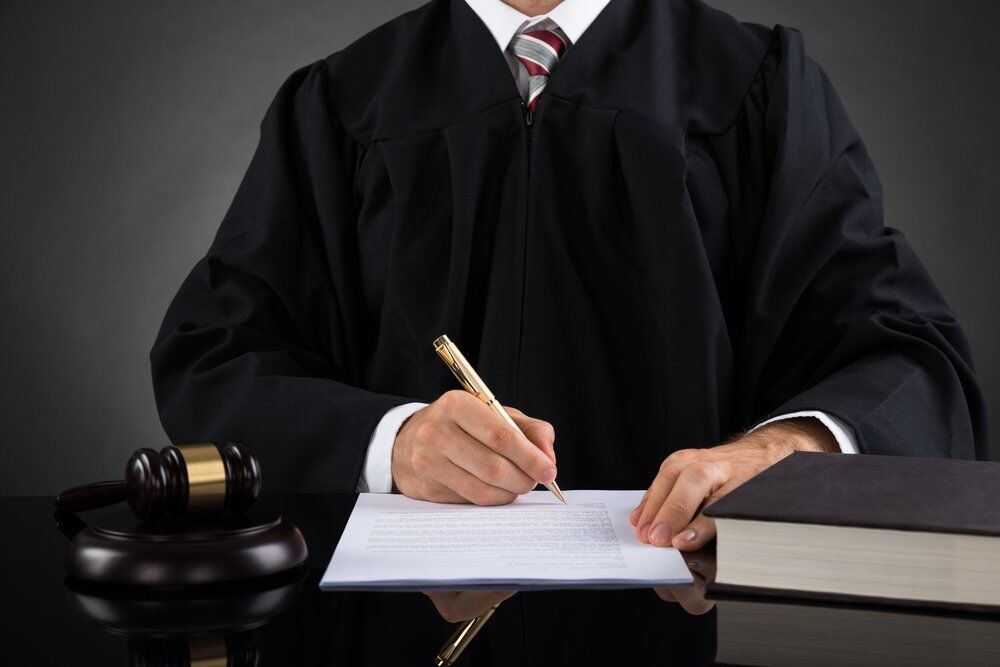
California judges issue bench warrants when you fail to (a) appear in court, (b) comply with a court order, or (c) meet other legal obligations. Bench warrants (also called “body attachments“) authorize police officers to arrest you and bring you before the court to address your noncompliance. 1
Here are four key things to know:
| Bench warrant | Arrest warrant | Search warrant | |
| Purpose | To arrest you for defying court orders | To arrest you for committing a crime | To search a location to seize evidence of a crime |
| Party requesting the warrant | Judge or law enforcement | Law enforcement | Law enforcement |
| Basis for issuance | Your failure to comply with court orders | Probable cause that you committed a crime | Probable cause that there is evidence of a crime at a specified location |
| Timeframe of issuance | Anytime during an open case | Usually at the beginning of a criminal case | Usually at the beginning of a criminal case |
Here at Shouse Law Group, we have represented literally thousands of people with bench warrants. In our experience, we can usually persuade the judge to quash bench warrants – in many cases without our clients needing to appear in court at all.
If, after reading this article, you would like more information, we invite you to contact us.

A bench warrant remains in effect until a judge recalls it.
The first step is to file a motion with the court asking them to quash your bench warrant.
If your underlying criminal charge is for a misdemeanor, we can usually persuade the judge to recall your bench warrant without you having to be present in court.
If your underlying criminal charge is for a felony, you must be present in court for the judge to consider quashing your bench warrant.
If you willfully fail to appear on a scheduled court date for a misdemeanor case after you were released on your own recognizance (otherwise known as an “O.R.” release), the prosecution will additionally charge you with “failure to appear” as a misdemeanor.
Before you can be convicted of this offense, the prosecutor must prove that you intended to evade the process of the court. Evidence of your intent may be established if you failed to appear within 14 days of your appearance date. Under California Penal Code 1320, if convicted, you face
If you are released on O.R. in a felony case (and the same facts apply), you will be additionally charged with felony “failure to appear”. Under California Penal Code 1320, if convicted, you face
It should be noted that if your FTA involves a felony case where you posted bail, the maximum fine increases from $5,000 to $10,000. 4

If you cannot afford a criminal fine, ask the court for an extension before the deadline passes.
The court will issue a bench warrant for your arrest if you willfully fail to pay court fines or restitution (FTP).
However, the judge cannot penalize you for failing to pay restitution or a fine if you do not have the financial ability to pay, as long as you comply with all other court orders. 5
Some bench warrants are “no bail” bench warrants: This means once police arrest you, you must remain in custody at least until your next court appearance.
Though most bail warrants have a bail amount attached to them. In some criminal cases, the police can petition the judge to raise the bail amount. 6
If you have posted bail on a warrant, and you subsequently fail to appear, the judge will most likely forfeit your bail and issue another bench warrant for your arrest. 7
Unless you are prepared to go straight from the court into custody, it is advisable to take us with you. As experienced criminal defense attorneys, we know the most effective arguments, evidence, and steps to take to convince the judge
For more information, refer to our related articles: